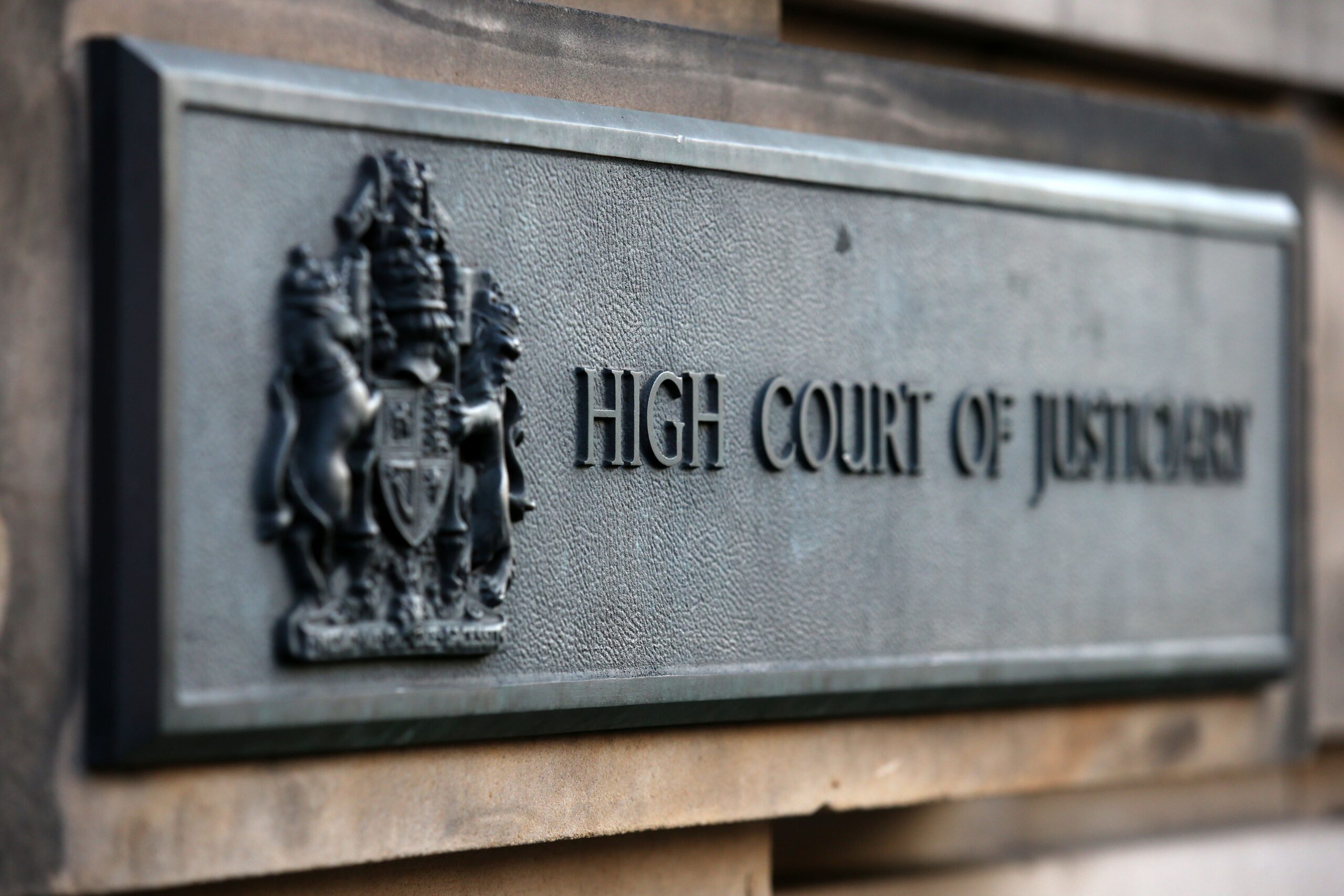A woman who showed psychotic symptoms after smoking mephedrone in a vape at boarding school has won £145,000 in damages at the High Court.
Irune Pedrayes Varela smoked the drug, which the students nicknamed “magic”, in September 2019 while at Buckswood School.
In her evidence to the court, she said another student gave her the mephedrone and that after taking it, she noticed “something strange” in her head.
She was taken to hospital the next day after showing “paranoid and manic symptoms” to the school nurse, Deputy High Court Judge Geraint Webb KC said in a judgment on Friday.
Ms Pedrayes, who was 14 at the time, claimed the school had breached its duty of care towards her because staff did not inform her parents, who were living in Spain, of her drug use.
Mr Webb agreed, saying the school “fell below the requisite standard of care” and “was negligent”.
The school must pay £145,000 in damages as a result.

Mr Webb said: “In my judgment, it is clear that the symptoms noted by the school nurse amount to a personal injury of a type which should have been reported to the claimant’s parents as soon as possible under the school’s first aid policy.”
He said it was “evident” Ms Pedrayes struggled to comply with school rules and her behaviour was “challenging and disruptive”.
On the weekend, she smoked the mephedrone; she had not been allowed to leave the school grounds because of her misbehaviour, the judge noted.
She continued taking drugs after being hospitalised, including smoking THC, and was later withdrawn from the school by her parents after being threatened with expulsion, Mr Webb added.
In her evidence, Ms Pedrayes said an older male student had given her the “magic” and she had smoked it over the weekend of September 27, 2019.
She also said she had begun to take drugs after her arrival at the school and after smoking mephedrone, she was living “in a parallel reality a large part of the time”.

The school denied it had breached its duty of care, and, in evidence, principal Kevin Samson said he did not appreciate “magic” was a term used for mephedrone, nor that it was a class B drug.
If he had been aware, he would have informed Ms Pedrayes’s parents, he told the court.
He also said vaping was a common issue on school grounds and students would order “magic” online.
School staff would also patrol the school grounds, set out-of-bounds areas in a nearby town and inspect rooms in an effort to prevent students taking drugs, he added.
Mr Webb said: “The particular vulnerabilities of the claimant were well known to the school and the school was under a correspondingly high duty to take care of the claimant given its knowledge of her vulnerabilities, which included reporting incidents of this nature to her parents accurately and without undue delay.
“Apart from anything else, the claimant’s parents needed to be informed of the true facts in order to be able to make a properly informed decision, in the interests of the claimant, as to what, if any, steps should be taken to mitigate the risks of any continued drug use.”
